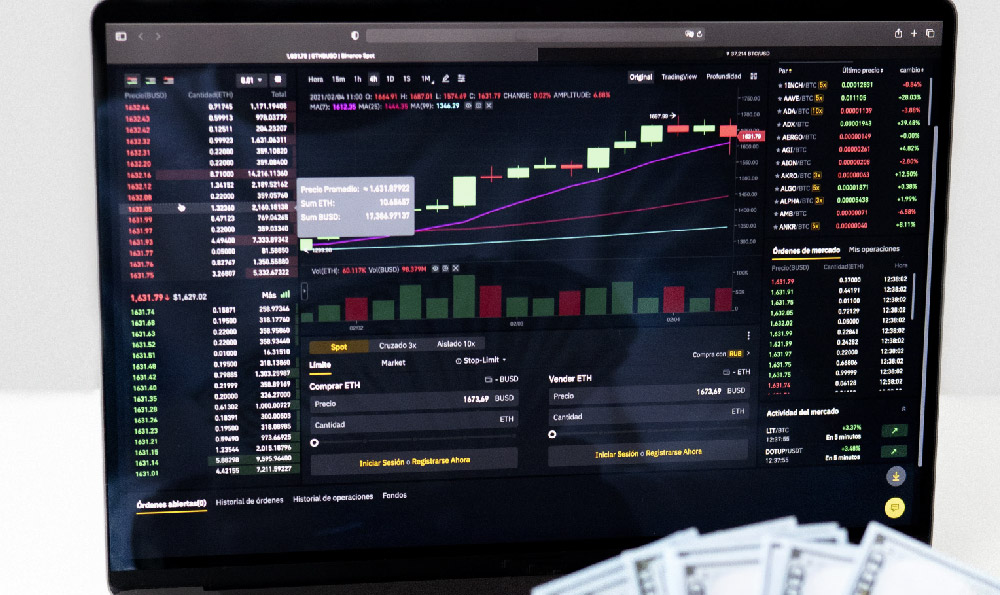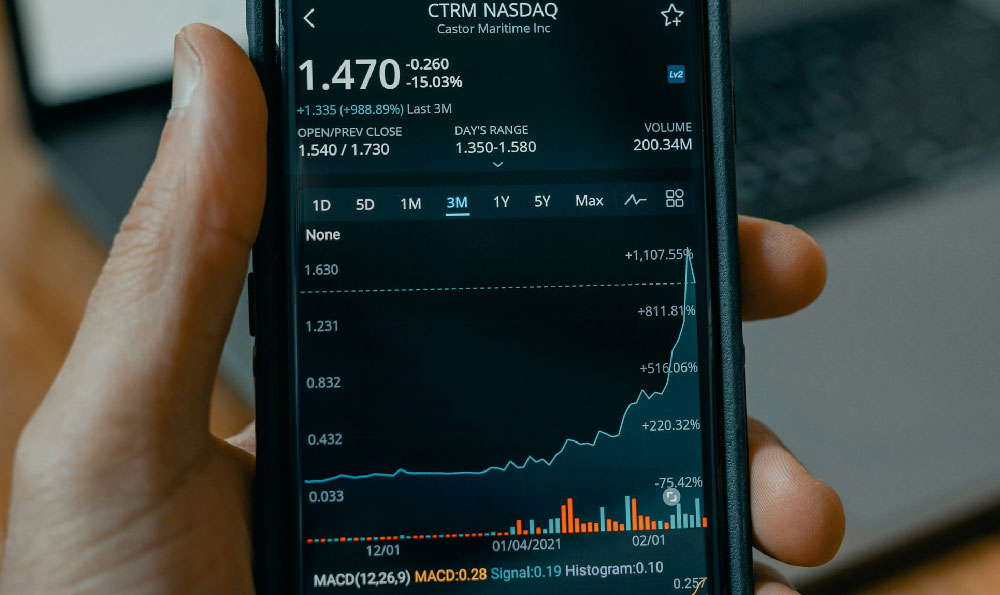What is the average hourly rate for lawyers?
The legal profession, much like the world of finance, operates within a complex ecosystem where rates are influenced by a multitude of factors. As investors and individuals navigate legal matters, understanding the cost structure of legal services becomes critical. While the average hourly rate for lawyers varies significantly across regions, specializations, and individual circumstances, it often serves as a cornerstone for budgeting and risk assessment in both personal and professional contexts.
In many jurisdictions, the hourly rate of a legal professional is not a static figure but rather a dynamic metric. For instance, lawyers in major urban centers frequently command higher rates due to the elevated cost of living and competitive market dynamics. Conversely, those practicing in rural areas may offer more affordable rates, even if the quality of legal expertise remains comparable. This geographical disparity is further compounded by the economic conditions of the region, as areas with robust legal markets tend to see practitioners setting their fees based on prestige rather than merely the necessity of service. Additionally, the demand for legal services plays a pivotal role; during times of economic uncertainty, industries such as commercial law may experience increased demand, leading to a broader range of rate structures and potentially higher charges for specialized counsel.
The field of law itself is not uniform in terms of financial compensation. Specializations directly impact the hourly rate, with certain areas of expertise, such as corporate law or intellectual property, often associated with higher fees compared to others like family law or personal injury. This trend is not solely based on the perceived complexity of cases but also on the strategic value these areas provide. For example, corporate lawyers may be involved in high-stakes transactions that can significantly influence a company's profitability, thereby justifying higher remuneration. Likewise, financial compliance and regulatory consulting, areas increasingly relevant in today’s legal landscape, often require experts with niche knowledge, which translates into competitive pricing.

Beyond specializations and geography, the level of experience and reputation of a lawyer also affects their hourly rate. Established practitioners with a proven track record of success in specific areas often charge premium rates, reflecting the value they bring to clients. This is not an arbitrary measure, as clients frequently prioritize expertise over cost when high-value outcomes are at stake. However, the negotiation of fees is a crucial aspect, with some lawyers offering tiered pricing or flexible payment plans to accommodate clients' financial capacities. The concept of billable hours is particularly relevant, as it quantifies the time invested in a case and serves as a basis for evaluating the cost-effectiveness of legal strategies.
In the broader context of investing, the cost of legal services often represents a significant portion of the overall budget, especially for high-net-worth individuals or corporations engaging in complex transactions. From a financial perspective, understanding and budgeting for these expenses is vital, as they can directly impact profitability and risk management. For example, thorough legal due diligence may prevent costly mistakes in business acquisitions, while strategic legal planning can mitigate regulatory risks in investment ventures. However, the challenge lies in balancing cost with quality, as underestimating legal expenses can lead to unexpected financial liabilities, whereas overpayment for legal services may strain resources unnecessarily.
The evolution of legal markets has also given rise to alternative service models that cater to different financial needs. Some firms now adopt contingency-based fee structures, where lawyers only earn a portion of their fee if the case is successful. This approach aligns legal compensation with financial outcomes, making it more attractive for clients seeking cost-effective solutions. Additionally, the rise of virtual legal services has introduced more flexible pricing options, allowing clients to access legal expertise at lower rates while still benefiting from professional guidance. These innovations highlight the importance of adaptability in legal fee structures, as they respond to changing financial landscapes and client demands.
For individuals and organizations aiming to optimize their legal expenditures, it is imperative to conduct thorough research, negotiate terms, and seek transparent communication. Understanding the pricing dynamics of legal services enables informed decision-making, whether in personal asset protection or corporate investment strategies. The financial aspect of legal services is not isolated, as it intersects with broader investment principles, emphasizing the need for careful planning and risk assessment. By analyzing average hourly rates and their influencing factors, clients can better allocate resources, ensuring that legal costs align with the value they generate.
Ultimately, while the average hourly rate for lawyers may appear as a simple metric, it encapsulates a nuanced interplay of market forces, expertise, and strategic value. This financial dimension is particularly relevant in contexts where legal advice plays a pivotal role, such as mergers and acquisitions, real estate investments, or managing legal risks in financial portfolios. By addressing legal costs proactively, individuals and businesses can fortify their financial strategies, ensuring that legal expenditures are both justified and optimized. The intersection of law and finance thus underscores the importance of a comprehensive understanding of legal pricing, as it directly impacts the profitability and sustainability of investment endeavors.















